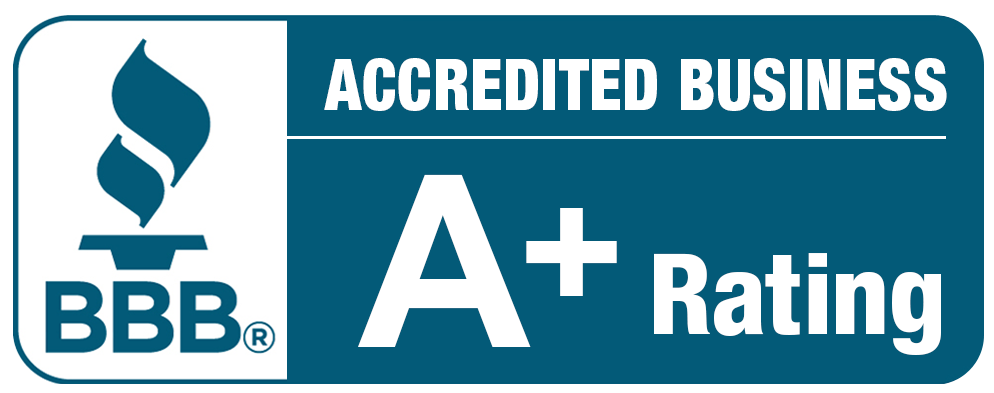Dealing with debt can be overwhelming, especially when legal aspects come into play. One crucial aspect to understand is the statute of limitations on debt in New York. This statute sets a time limit during which creditors can legally pursue repayment through the court system. Whether you’re a debtor seeking relief or a creditor looking to collect what’s owed to you, it’s vital to be well-informed about the regulations surrounding this issue.
The statute of limitations on debt is a legal concept that defines the maximum period within which a creditor can file a lawsuit against a debtor for unpaid debts. In the state of New York, like in many other jurisdictions, this statute serves as a protective measure for debtors, preventing them from being pursued by creditors indefinitely. Let’s delve into the details of the statute of limitations on debt in New York and what it means for debtors, creditors, and the legal system as a whole.
Here are the current legal timeframes for different types of debts in New York:
| Debt Type | Time Limit |
|---|---|
| Oral Agreements | 6 years |
| Written Contracts | 6 years |
| Promissory Notes | 6 years |
| Open-Ended Accounts | 6 years |
| Court Judgments | 20 years |
These timelines begin from the date of the last activity or default—not necessarily when the loan originated.
The statute of limitations on debt in New York refers to the time limit within which a creditor can take legal action to recover outstanding debts from a debtor. This period is set by law and varies depending on the type of debt. It’s crucial to note that the statute of limitations doesn’t determine the validity of the debt itself but rather the timeframe during which legal action can be pursued.
In New York, the statute of limitations varies based on the type of debt involved. Here are some common types of debts and their corresponding time limits:
Oral Agreements: For debts based on oral agreements, such as personal loans without a written contract, the statute of limitations is 6 years.
Written Contracts: If the debt is based on a written contract, such as a credit card agreement, the statute of limitations is generally 6 years as well.
Promissory Notes: When a promissory note is involved, which is a written promise to repay a debt, the statute of limitations is 6 years.
Open-ended Accounts: For debts stemming from open-ended accounts, such as credit cards, the statute of limitations is 6 years.
Judgments: If the debt is related to a court judgment, the statute of limitations is 20 years.
It’s essential to note that certain actions or circumstances can reset the clock on the statute of limitations, effectively extending the time within which a creditor can take legal action. This legal concept is known as tolling. Common scenarios that might trigger tolling include the debtor leaving the state or the debtor declaring bankruptcy.
Additionally, the statute of limitations can be revived under certain circumstances. If a debtor makes a partial payment on an old debt or acknowledges the debt in writing, the clock may reset, providing the creditor with a new timeframe to pursue legal action.
While the statute of limitations establishes a time limit for legal action, it’s important to understand that creditors can still attempt to collect debts even after the statute of limitations has expired. However, they cannot file a lawsuit to enforce repayment through the court system. Debts beyond the statute of limitations are often referred to as “time-barred” debts.
Fill the form to request a free Business Debt Consultation Now!
By clicking “Continue” above, I understand and agree to the following terms and conditions:
Understanding the statute of limitations on debt in New York is essential for both creditors and debtors. By knowing your rights and responsibilities, you can navigate the complex world of debt collection with confidence. Whether you’re dealing with a time-barred debt or seeking repayment, being informed about the legal aspects empowers you to make informed decisions and take the appropriate actions.
Remember, the statute of limitations is in place to ensure fairness and prevent undue harassment. If you’re ever unsure about your rights or facing challenges related to debt collection, consider seeking legal advice to ensure your best interests are protected.
Read about Merchant Cash Advance here.
Facing pressure from collectors in 2025?
We can help you understand your rights and options when it comes to MCA debt, judgments, or time-barred obligations.
Call now: (888) 766-3998
Or fill out our free consultation form (minimum $50,000 in debt required).
If you are one of the many thousands of companies struggling with high interest business loans, call us today for a free consultation. Just taking the first step in talking to an expert can start relieving stress. And once you talk to a debt help specialist, you will see that there is hope.

An A+ rating represents BBB's high degree of confidence that the business is operating in a trustworthy manner and will make a good faith effort to resolve any customer concerns filed with the BBB.

Monday-Friday: 8:00am – 5:00pm PST
Saturday-Sunday: Closed
Chat with an expert to learn more about our strategies to help you find debt relief.